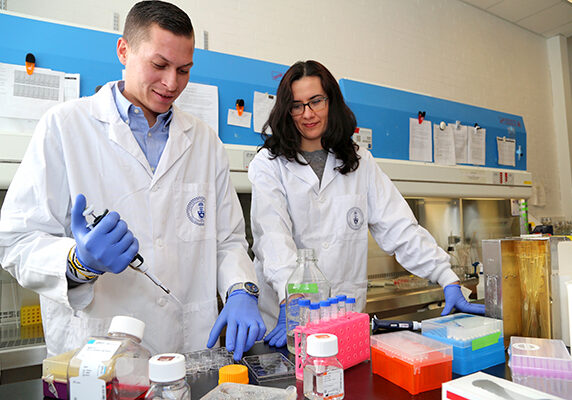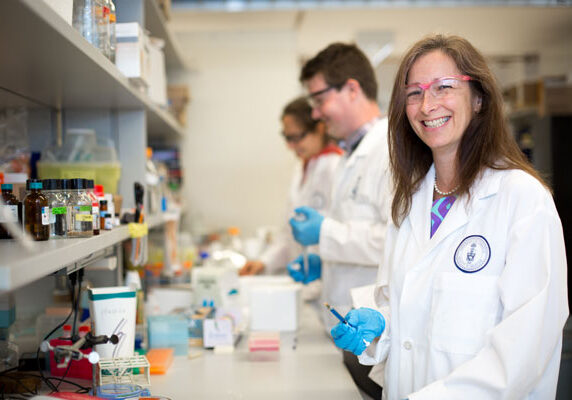
Molly Shoichet receives Killam Prize in Engineering
Award presented to Canadians who risk, innovate and lead the next generation of brilliant minds to a stronger future

U of T Engineering students receive record number of 2017 Cressy Awards
Twenty-eight 2017 Gordon Cressy Student Leadership Awards have been awarded to U of T Engineering students
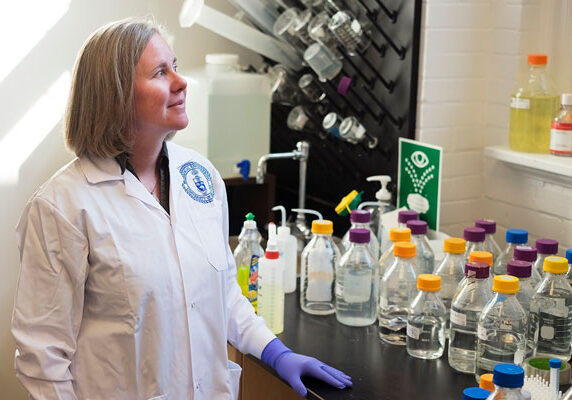
Early Career Teaching Award: Q & A with Dawn Kilkenny
This post originally appeared on U of T News. Her students wouldn’t suspect it, but Dawn Kilkenny feels a little stage fright at the start of every academic year. The reason? “I want them to like the content as much as I do,” she told U of T News. Kilkenny, an assistant professor, teaching stream […]

Craig Simmons receives 2017 Northrop Frye Award for integrating teaching and research
“Training students is the way the University has our biggest and most immediate impact,” says Simmons

Engineering educators recognized by the Faculty for teaching excellence
Three professors and one teaching assistant have been honoured with the 2016 Faculty Teaching Awards.
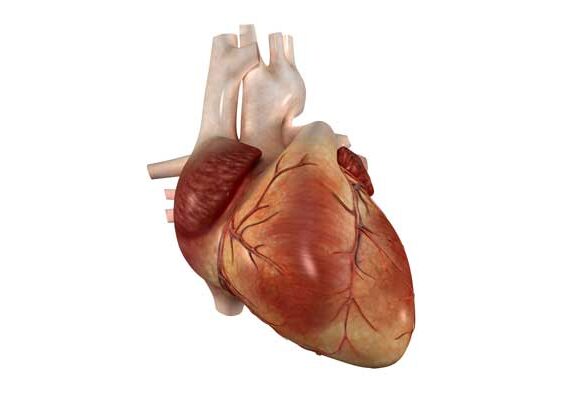
TBEP and MbD: Engineered smart scaffolds could help repair damaged hearts and muscles
Two multidisciplinary partnerships led by U of T Engineering researchers are developing implantable biomaterials that accelerate injury recovery, from car accidents to heart attacks.
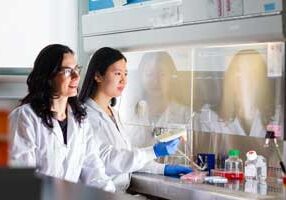
New frontiers in health-care innovation
This article originally appeared in the 2016 issue of Skulematters magazine. Interdisciplinary research from U of T Engineering is helping us live longer, healthier lives. These projects from across our Faculty illustrate leading-edge innovations that will improve health care, from planning and prevention to diagnosis and treatment: Optimizing surgical schedules Long wait lists for elective surgeries […]


